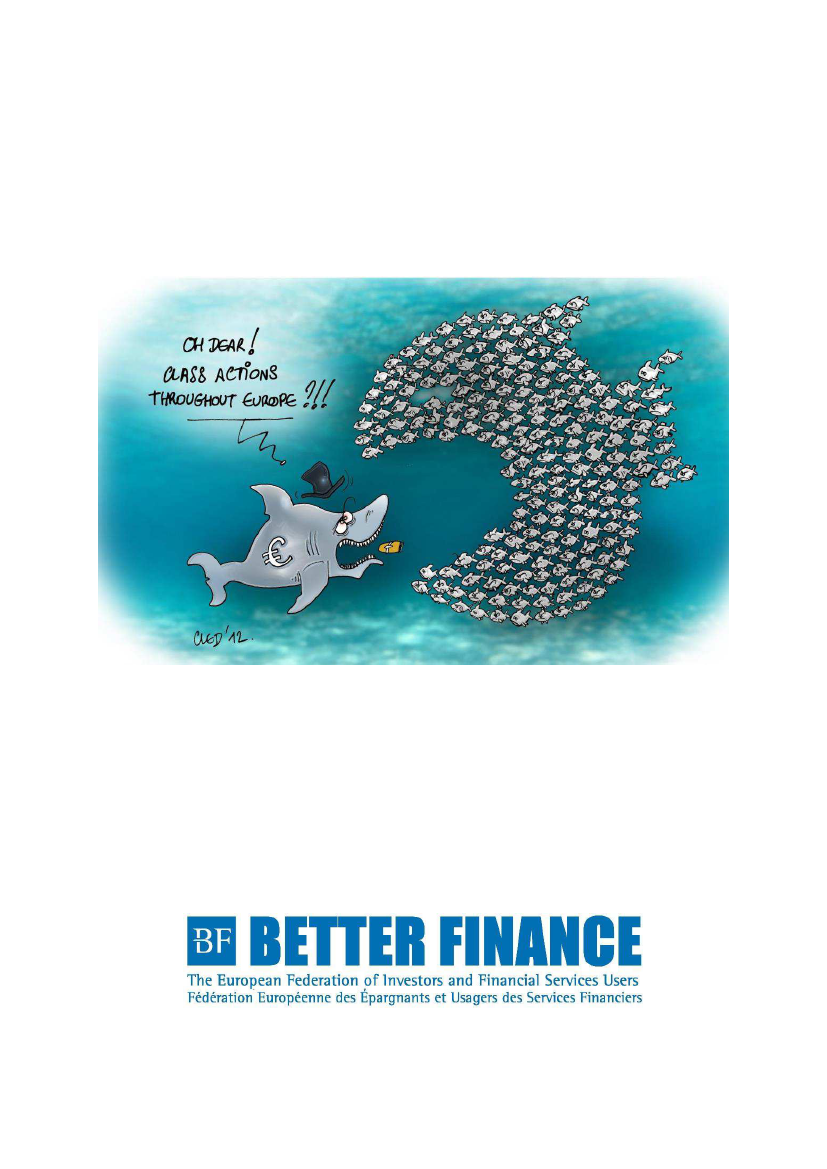
Collective Redress
Representative Actions for the Protection of the Collective
Interests of Consumers
As governments around the world withdraw from welfare provision and
promote long-term savings by households through the financial markets, the
protection of retail investors has become critically important.
July 2019